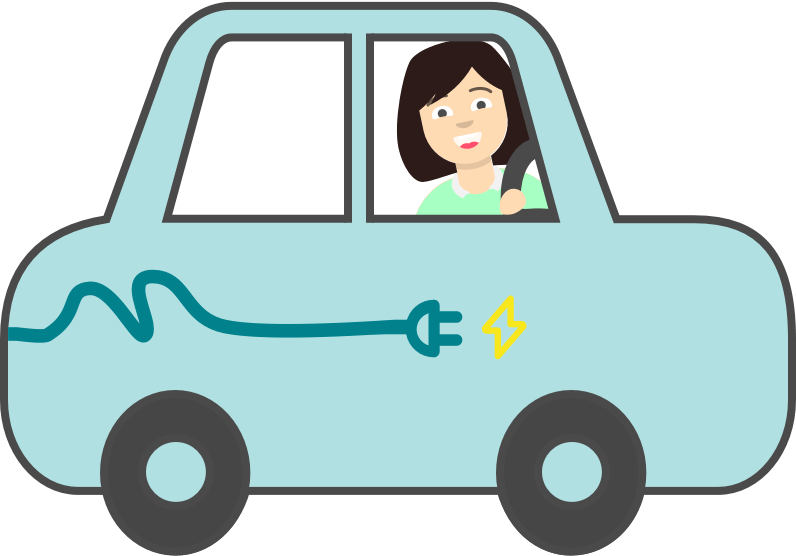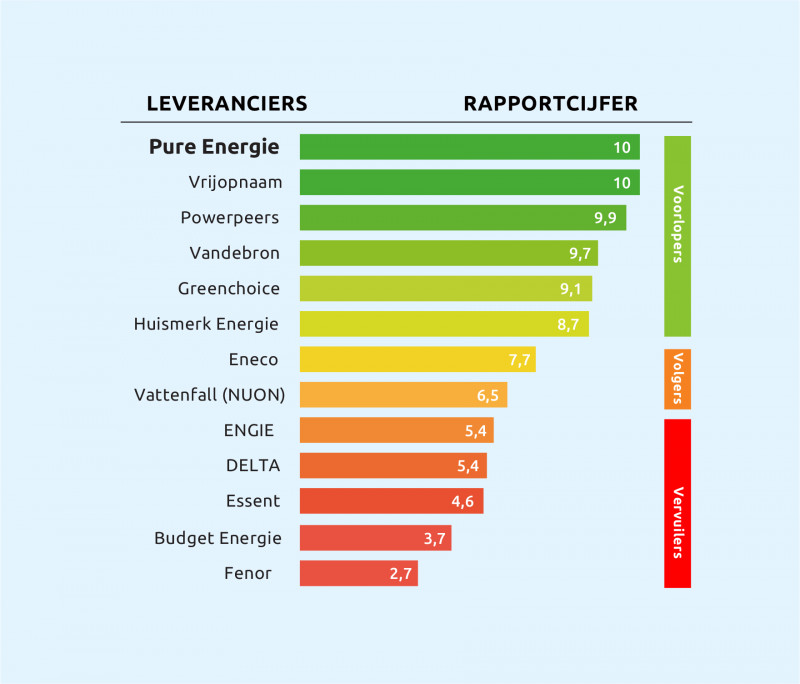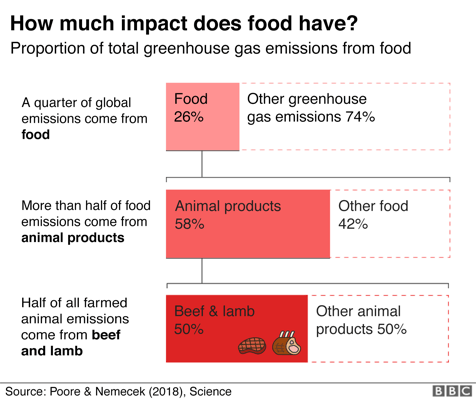Sustainability report

Sustainability is a fundamental pillar of who we are.
On a global scale, the Internet and the ICT sector are responsible for high levels of energy waste and environmental pollution. We are part of that industry, but we want to take responsibility and do what we can to lower our negative impact. This starts with hosting, as this takes up most of our energy consumption.
But green hosting at Greenhost means more than just green energy and CO₂ compensation: from the start, we have aimed at using as little energy as possible and this is still crucial in every decision we make. By openly publishing our Sustainability Report, we wish to showcase how Greenhost isn't just a name.
My name is Mercedes, UX researcher and designer with a keen interest in sustainability. I helped Greenhost shape this report, and will guide you through it — in an electric vehicle, of course.
As with every good road trip, we will make a few stops along the way:
- Three Rs is where you can see what we do to Reduce, Reuse and Recycle.
- Energy is where you will learn about our electricity consumption, both in our data centres and at our office.
- Food showcases our efforts to adapt our office menu in order to reduce emissions.
- Transportation covers our greenhouse gas emissions related to traveling; how we compensate these emissions; and gives you information on how, where and why we travel.
- Conclusion, the final stop of our journey, gives you references, resources and reading material about our choices and our goals.


